
Findings from a survey of college students examining beliefs about UV exposure and sunscreen use and their associations with skin cancer risk and UV protective behaviors provide some insights for patient counseling.

Findings from a survey of college students examining beliefs about UV exposure and sunscreen use and their associations with skin cancer risk and UV protective behaviors provide some insights for patient counseling.
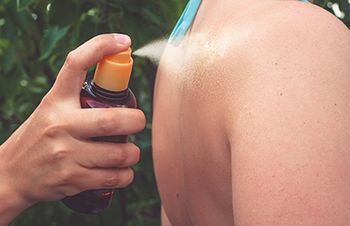
Findings of initial studies and call for further testing should not be misconstrued to mean ingredients are unsafe.

A study in twins highlights exacerbating factors for patients with rosacea and the importance of the microbiome.

A topical minocycline foam application appears effective and was well-tolerated by patients with moderate-to-severe papulopustular rosacea.

Special skin mineral supplementation is not necessary as long as patients make educated dietary choices.

A recent study aimed to elucidate the association between variations in the skin’s microbiome and the development of rosacea symptoms.

Dermatologists are some of the brightest and most entrepreneurial of all physicians. We can set up our own private equity firm and maintain control of our specialty. I believe it is possible. What do you think?

Dr. Joe acquired a new laser prior to the pandemic. Three patients are scheduled for treatment during which he had told them a laser expert would be present. The laser expert deferred due to COVID-19. After carrying out the procedures alone, one patient sues for battery, though there were no adverse events. Is this battery? Can Dr. Joe use COVID-19 challenges as a defense?

While recognizing that a patient’s mental health generally improves with isotretinoin use due to improvement in acne symptoms, clinicians may consider screening for insomnia during the course of treatment, as it may be an indicator for vulnerability to side effects, researchers say.

Many current acne clinical trials do not consider those patients already on hormone therapy, which researchers say may affect therapeutic outcomes. Authors of a recent study encourage this reporting in future studies to help clinicians better assess how the data might represent a practice population.
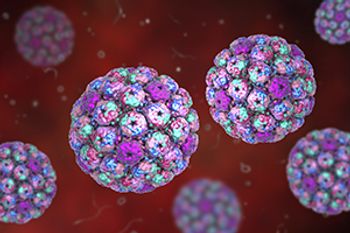
Treatment for Merkel cell carcinoma has evolved due to the high aggressiveness and metastatic rate of the tumors. Immune checkpoint inhibitor therapy may change prognosis and quality of life.
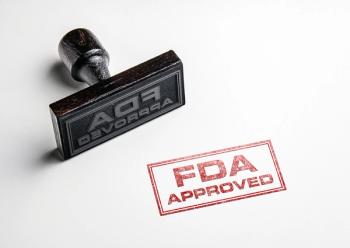
The U.S. FDA has approved collagenase clostridium histolyticum-aaes (Qwo, Endo International), making it the first FDA-approved injectable treatment for moderate-to-severe cellulite in the buttocks in adult women.

Consumers can get virtually all of today’s hottest skin, hair and nail nutrients without buying special supplements, an expert says.

Autologous platelet-rich plasma therapy is gaining in popularity and finding its niche alone and in combination with other skin rejuvenation procedures.
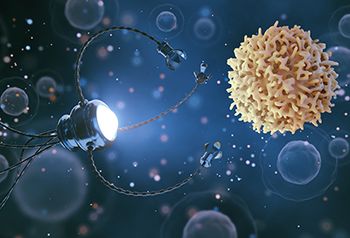
In cancer immunotherapy, nanoparticles can be directed to different cells and tissues related to the immune response. This technology is currently being investigated to enhance drug delivery in skin cancer therapy with the hope of promoting more robust antitumor effects and improved clinical outcomes.
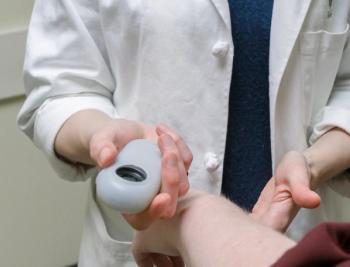
Gene expression profiling (GEP) has the potential to improve melanoma prognostication, but shortcomings remain, one expert says.

With newer biologics consistently posting PASI improvements greater than 90%, dermatologists need to consider other factors when selecting a treatment. However, nuanced differences between the same drug class could be teased out, one expert says.

A recent study shows no increased risk of incidence of malignancies in patients using topical tacrolimus. A black box warning on the therapy has made it challenging for physicians to prescribe, and researchers hope this evidence will lead to the FDA reconsidering that warning.
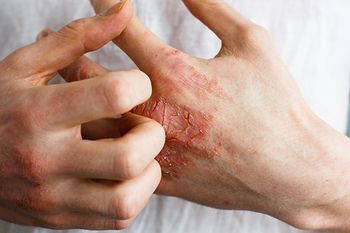
Gusacitinib, an investigational oral Janus kinase/spleen tyrosine kinase inhibitor, demonstrated statistical superiority compared with placebo for improving chronic hand eczema in a phase 2b study.

Study demonstrates CaHA and HIFU monotherapies are safe and effective treatments for acne scarring; however, further investigations need to address the study’s limitations and explore combination approaches.

A recent study shows ixekizumab may be able to help treat moderate-to-severe cases of genital psoriasis.

A recent article shows oral apremilast may rapidly and significantly improve moderate-to-severe scalp psoriasis.
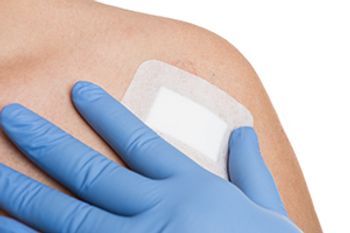
While little is known about BPDCN and how to treat it, authors of a recent study suggest a low threshold for performing a skin biopsy to evaluate skin lesions in patients with hematological cancers, especially when those lesions that are quickly progressing, large or involve atypical sites.


REVIAN Inc. releases data from their investigational study examining their REVIAN RED dual wavelength LED light treatment for androgenetic alopecia, showing the FDA-cleared device to be both safe and effective at week 16 in a 26-week trial.

Not treating, incorrectly treating or undertreating eyelid eczema can result in significant patient suffering. Finding the root of the problem is key to safe and effective therapy, Dr. Peter Lio says.